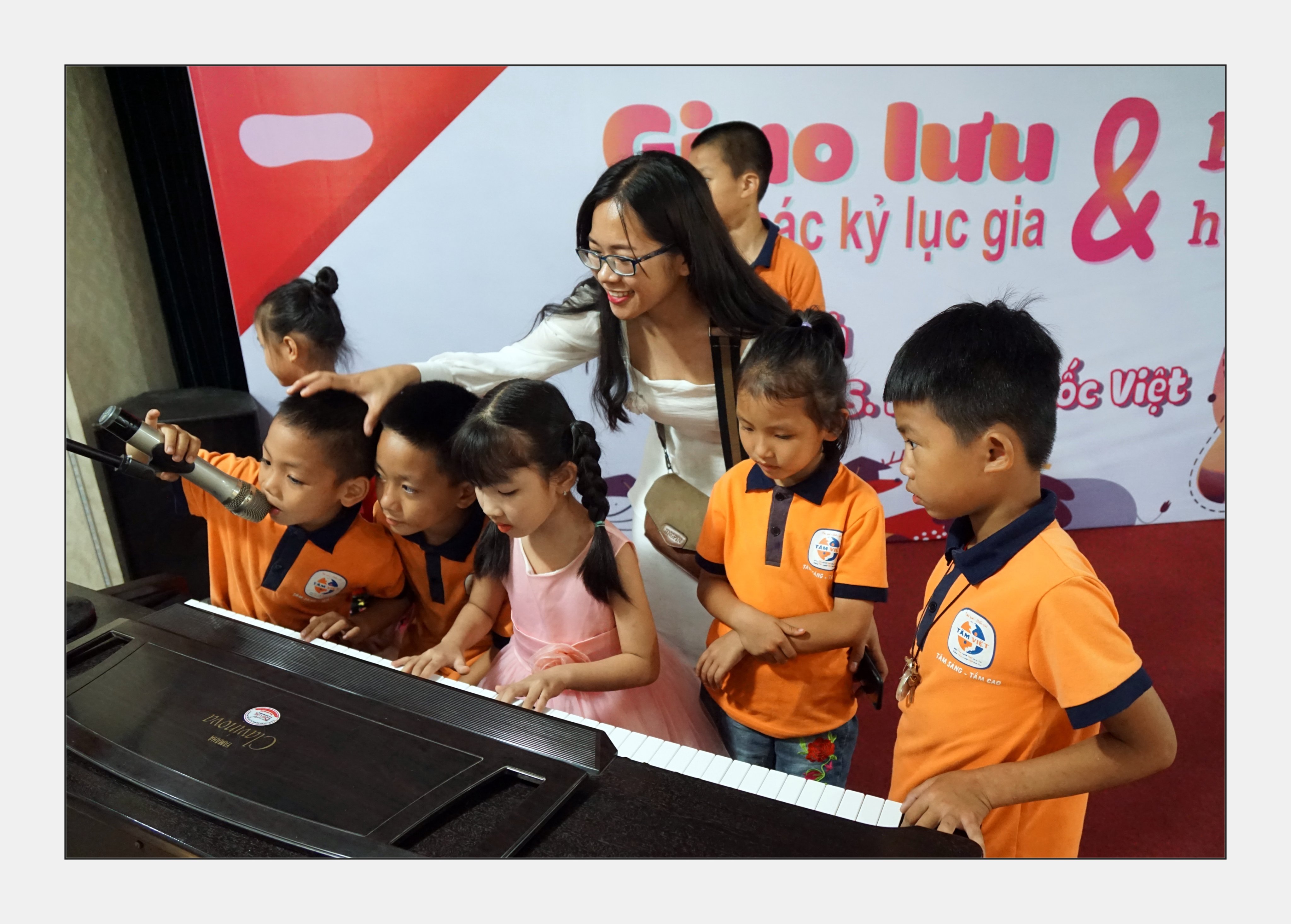Ts-Lương y Phan Quốc Việt, KLG Guinness Nguyễn Khắc Hưng
Lương y Vũ Văn Chức, Lương y Lê Kim Dung, Lương y Lưu Anh Chức
Introduction
Attention-Deficit/Hyperactivity Disorder (ADHD) is a prevalent mental health challenge among children, marked by symptoms such as inattention, hyperactivity, and impulsivity. The Centers for Disease Control and Prevention (CDC) acknowledges the lack of a definitive cure for ADHD, which has led to the development of various treatment strategies. This article delves into two primary approaches to managing ADHD: the traditional pharmacological method and an innovative, non-invasive, multifaceted approach.

1. Traditional Pharmacological Approach
Medicaments and ADHD Management
- Mechanism of Action: Traditional treatment for ADHD predominantly involves stimulant medications that target the brain's neurotransmitter systems to alleviate symptoms like inattention and hyperactivity.
- Common Medications: These include drugs like methylphenidate and amphetamines, known for their efficacy in symptom management.
- Challenges and Limitations: A significant concern with these medications is the potential for increased symptom severity when the medication is discontinued. Known as the rebound effect, this phenomenon can lead to a dependence on the medication for symptom control. Side effects such as sleep issues, appetite reduction, and heart-related risks are also notable.
2. Innovative Multifaceted Approach
Holistic Treatment for ADHD
- Conceptual Framework: Moving beyond traditional medication, this approach incorporates Reverse Dynamic Biofeedback, gamified VREM (Vibrating Resonant Energy Meditation), and 4D coaching.
- Reverse Dynamic Biofeedback: This technique trains individuals to gain better control over their physiological responses, aiming to reduce symptoms of hyperactivity and impulsivity.
- Gamified VREM: This innovative component uses engaging activities to improve focus and reduce hyperactivity, involving holistic movements that promote fine motor skills and cognitive engagement.
- 4D Coaching: This model includes expert guidance, peer support, patient feedback, and self-driven activities, focusing on holistic personal development.
Benefits and Outcomes
- Root Cause Treatment: Unlike medicaments, this approach aims to address the underlying causes of ADHD symptoms through skill-building and cognitive development.
- Sustainable Improvement: By focusing on capacity building and talent development, this approach promises long-term sustainable improvements.
Evidence-Based Practice: Case Studies
The Case of Khac Hung
- Background: Khac Hung, a severe autistic teenager (CARS score 47/60), utilized this multifaceted approach and achieved significant milestones, including setting Guinness World Records and national records.
- Implications: His remarkable progress demonstrates the potential of holistic therapies in managing complex mental disorders and fostering significant developmental improvements.
Progress in Children with Autism
- Overview: More than 200 children with severe autism have shown notable improvements under this treatment approach, indicating its effectiveness in enhancing cognitive and physical abilities.
Discussion
The contrast between the traditional pharmacological treatment and the innovative holistic approach for ADHD management highlights the evolving landscape in mental health care. While medicaments provide immediate relief, their long-term effectiveness and dependency issues are a growing concern. The holistic approach, though requiring more time and active participation, offers not only symptom management but also fundamental cognitive and personal development.
Challenges and Future Directions
- Accessibility and Acceptance: Ensuring wide accessibility and acceptance of the holistic approach is essential for broader implementation.
- Research and Development: Ongoing research is needed to further validate and refine these innovative treatment methods.
- Integrative Care Models: Developing integrative care models that combine the best of both traditional and holistic approaches could offer more comprehensive treatment options.
Conclusion
The management of ADHD is entering a new era with the introduction of holistic, non-invasive treatment methods. These approaches, exemplified by the case of Khac Hung and the progress seen in more than 200 children with severe autism, offer promising alternatives to traditional medicaments. Focusing on skill building, cognitive development, and root cause treatment, these innovative therapies pave the way for more sustainable and transformative care in ADHD management. As the field of mental health continues to evolve, embracing and integrating these new paradigms will be crucial in offering effective, comprehensive care for individuals with ADHD.